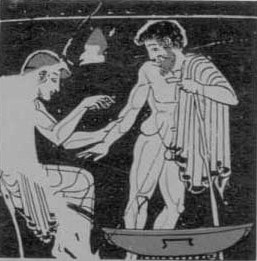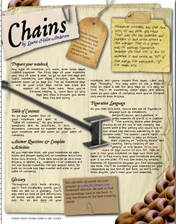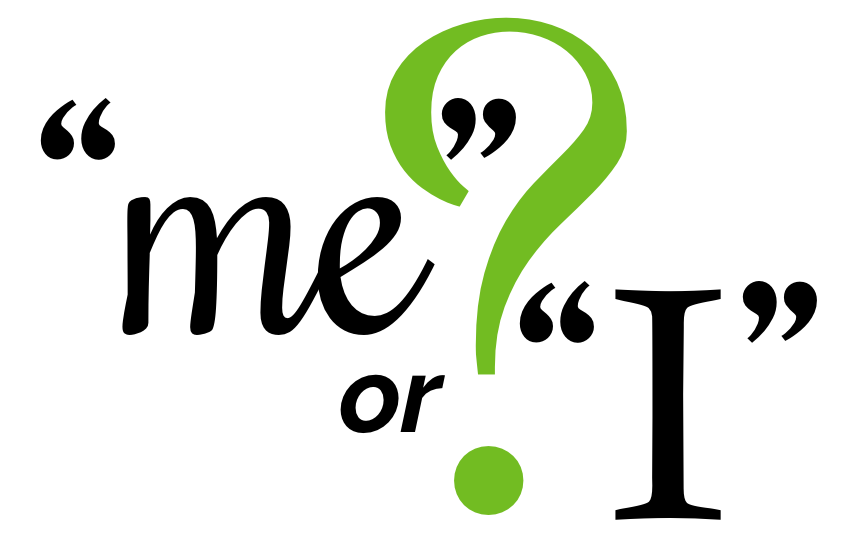Doctors commonly used bloodletting to cure someone of almost any illness from acne to hearing loss, or to keep them from getting an illness. Most often, doctors would cut a vein in the patient's arm or neck to drain their blood. They also used leeches (a type of worm) that would be applied to the patient's skin to suck out the blood. Regardless of the method, the blood was drained until the patient started to faint. George Washington probably died because of bloodletting. He got a sore throat after riding his horse in the rain and his doctors bled him of 80+ ounces of blood (the average person has about 160-180 ounces). He died a few days later. It is widely believed the bloodletting, at the very least, hastened his death (made it come quicker), doing more harm than good. As scientists learned more and more about the human body, they learned that bloodletting wasn't helpful except in a very few cases. They also learned that bloodletting was often exactly the wrong thing to do, but it took them much longer to learn the right thing to do. “Bloodletting.” Wikipedia, Wikimedia Foundation, 11 Nov. 2018, en.wikipedia.org/wiki/Bloodletting. Cohen, Jennie. “A Brief History of Bloodletting.” History.com, A&E Television Networks, 30 May 2012, www.history.com/news/a-brief-history-of-bloodletting. Markel, Dr. Howard. “Dec. 14, 1799: The Excruciating Final Hours of President George Washington.” PBS, Public Broadcasting Service, 14 Dec. 2014, www.pbs.org/newshour/health/dec-14-1799-excruciating-final-hours-president-george-washington. Margolies, John. “Barber Pole, Dodge City, Kansas .” Wikimedia Commons, Library of Congress, 14 July 2018, commons.wikimedia.org/wiki/File:Barber_pole,_Dodge_City,_Kansas_LCCN2017706837.tif. NULAND, SHERWIN B. “Passions and Tempers: A History of the Humours - Noga Arikha - Books - Review.” The New York Times, The New York Times Company, 8 July 2007, www.nytimes.com/2007/07/08/books/review/Nuland.html?ex=1341547200&en=28b87289415e5d35&ei=5088. PBS NewsHour. “Bloodletting and Blisters: Solving the Medical Mystery of George Washington's Death.” PBS, NewsHour Productions LLC. , 16 Dec. 2014, www.pbs.org/newshour/show/bloodletting-blisters-solving-medical-mystery-george-washingtons-death.
Modify the sentences by taking the "you" out of it and try it again:
If you're a native English speaker or proficient in Modern Standard English, it is probably clear to you that, "I should have breakfast," is the preferred form of the sentence. It just sounds right whether or not we know the reason why. Here is another example:
Take "Ashoorina" out of the sentence and try it again.
Again, if you're a native English speaker or proficient in Modern Standard English, you probably think "Joaquin went to the store with I," sounds strange. If it isn't obvious to you which word is correct (according to Modern Standard English) by this method, then understanding whether "I" or "me" is being used as an objective pronoun or a subjective pronoun is necessary. What are objective and subjective pronouns? First of all, a pronoun is a word used to replace a noun. My name is Cookie Davis. "Cookie Davis" is a noun. It would be strange and tiring to always use "Cookie Davis" when speaking and writing. For example, consider the same sentences from the examples above:
It sounds much better and is much easier for me to say these sentences using a pronoun for Cookie Davis.
In the sentences above, "I" and "me" are pronouns for the proper noun "Cookie Davis." When you are using a pronoun for yourself—when you are using "I" or "me"—and you are the subject of the sentence, you use "I." Some examples:
These are all examples of "I" as the subject of the sentence. "I' am deciding to have breakfast. "I" want to go to the movies. "I" am the subject in each of these, therefore, "I" is a subjective pronoun in these sentences. When you are using a pronoun for yourself and you are the object of the sentence, use "me" for the pronoun. Some examples:
In each of these examples "me" is the object of the sentence. "Joaquin," "Evelyn," and "They" are the subjects of the sentences and "me" is the object "Joaquin" is going to the store with, "Evelyn" is giving it to, or "They" are hugging. That means "me" is an objective pronoun. |
Author
I often struggle to find websites with thorough explanations in simple language to help kids understand historical events or scientific concepts, so I decided to create some of my own! -Cookie Davis
Archives
March 2024
|




 RSS Feed
RSS Feed